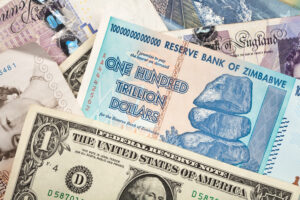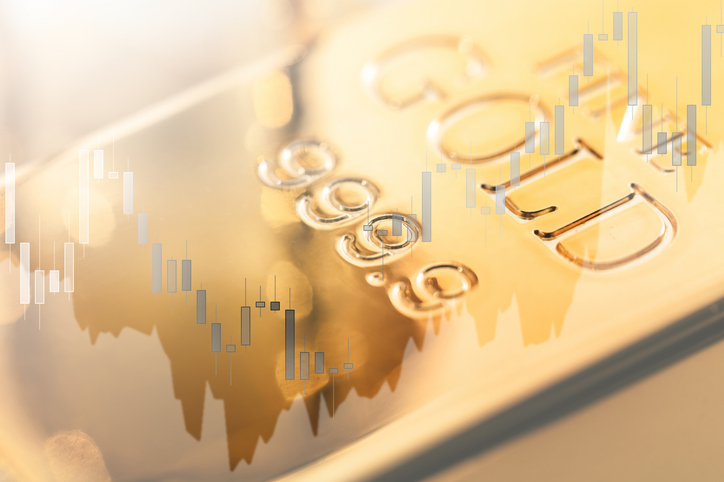Is Zimbabwe’s New Gold Coin Evidence of A Broader Global Trend?
The comments below are an edited and abridged synopsis of an article by Mike Gleason
Many countries are trying to wean their economies off US-dollar dependence. Zimbabwe, an African nation notorious for hyperinflation, is now encouraging its citizens to save and transact in gold instead of dollars.

But the Zimbabwean economy is a mess and most Zimbabweans can’t afford to buy gold. Moreover, the government isn’t likely to make its currency redeemable in precious metal.
But other governments around the world with much larger economies could take similar steps to promote gold as an alternative to dollars, chiefly Russia and China.
In the meantime, the West continues to ramp up economic sanctions against Russia. While now locked out of major financial hubs, Russia is unlikely to be deterred from engaging in precious metals transactions. It is a major producer of gold, platinum and palladium.
Russia’s central bank has been a major accumulator of gold. And since war-related sanctions were imposed, Russia has begun demanding that some of its trading partners pay in rubles or gold rather than dollars or euros.
The world monetary order could be in the process of re-centering around gold in a big way. When mutual trust among nations erodes, gold becomes the ultimate standard of value. It is universally recognized and entails no credit risk when exchanged in physical form.
The same can be said for silver, which is a more practical currency for ordinary citizens engaging in everyday transactions.
Over the past few years, the US Mint has been failing to produce enough coins to keep up with demand. It blames a shortage of blanks for the backlog, yet other mints around the world don’t seem to have a problem. Gleason’s recommendation to gold and silver investors is to look to other government mints, such as Canada and Australia; even better value can be found in privately minted rounds and bars that sell for minimal premiums above spot.

